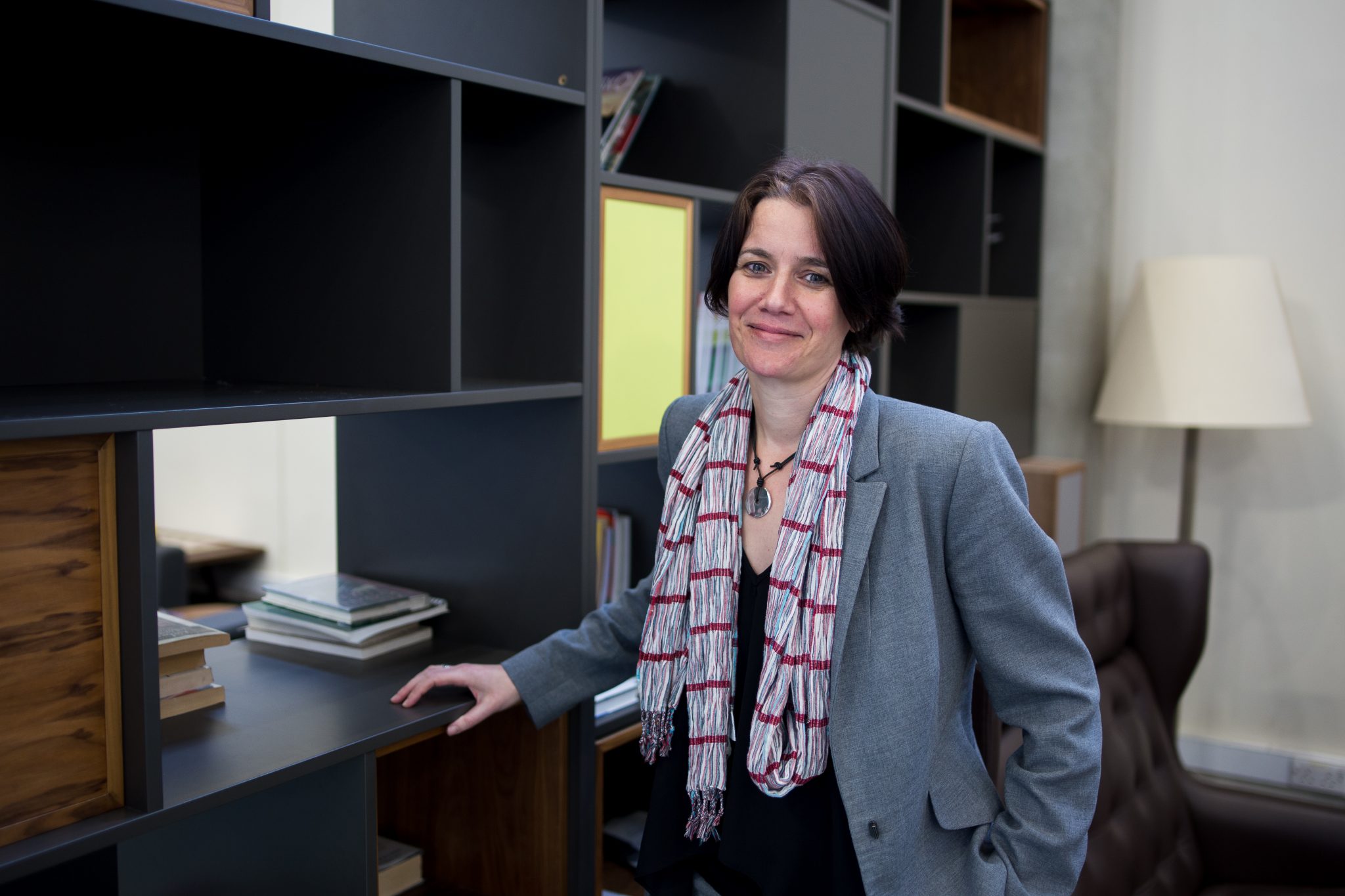Throughout Co-operatives Fortnight 2018, we’re sharing some of the brilliant stories from UK and international co-ops which show the #coopdifference in action: how, where and why co-operatives can make a difference to you and your communities.
Here, we speak to Dr Sarah Alldred, projects development manager at the Co-operative College, about how co-op education can empower people around the world.
How do co-operatives make a difference through education?
As the Co-operative College approaches its centenary year we’ve been thinking a lot about the impact education plays within co-operatives. At the heart of co-operatives are people, so the logic has to follow that if we empower the people – through education and skills training – we create strong, sustainable and resilient enterprises that will improve the economic livelihoods of their members and their surrounding communities.
The College has a long history of working within the international development context, with a strong focus on women’s empowerment.
Co-operatives can help women to overcome traditional gender roles and tackle structural inequalities, making co-ops an ideal way to increase participation and provide a platform for women to be visible actors in their communities, exert greater power and push for changes in the social and political landscape. International Labour Organization (ILO) research found there were many benefits of being involved in a co-op specific to women, such as understanding finances and business planning to develop their economic activities, to overcome the disadvantage of lack of education. Co-operatives give women greater social confidence through creating implicit learning spaces to share stories and problem solve.
Gender equality has been a key focus of the College’s work in Malawi over the past six years, resulting in women occupying 64% of primary co-operative board positions.
The Co-operative College has particularly focused on promoting women’s leadership training to give women the confidence to take up leadership positions, and earn respect in their co-ops and wider communities. Men are also sensitised to gender issues and the equal voice women hold in co-ops.

In addition, on average, fewer than 10% of women farmers in Africa get access to credit which impedes their ability to purchase improved inputs (seeds, fertiliser etc.), improved equipment, or to avoid ‘the hungry gap’ between harvests. The College’s work with co-operatives links members to credit unions (SACCOs) providing access to credit as well as a variety of training opportunities for all co-op members, the majority of whom are frequently women and the member level.
Finally, women’s capacity to earn and financially contribute to their households is linked to increases in voice and agency that can act as an important starting point for greater empowerment. Moreover, women typically invest a higher proportion of their earnings (90%) on their families and communities than men (30-40%), potentially far greater impact when women have the opportunity grow their enterprise.
What is your favourite example of this?
There’s a whole range of wonderful examples of women being empowered through their participation in co-operatives. However my favourite example is from a few years ago when I travelled to Malawi with my then boss Dr Linda Shaw (former College vice-chair). The example highlights the power more informal education plays in developing the social confidence of women within co-operatives.
We had just had a long journey travelling out to one of the rural co-operatives in the north of Malawi, and were due to start a small ceremony to present the group with their certificate for just registering as a co-operative. Just before we were about to begin a group of women came up to us and asked if they could perform a a play for us, which highlighted the challenges they faced in their communities. They said the drama group they had formed within their co-operative had given them space to work this through.
Related: Co-op College diary from Malawi
Through the performance, we learned that when women started getting educated in their communities, and exert some economic influence, the men would start to label them as ‘prostitutes’, saying that the only way women could get money was through selling their bodies. This had a big impact on the women’s confidence. In the play they showed that when they decided to group together and join a co-operative, they could start challenging these accusations collectively, and also grow economically stronger.
Myself and Linda were completely awestruck with the power of this story, and how they had used drama to articulate a difficult message. They were stronger working together.
How can we find out more?
Visit the Co-operative College website. You can also find out more about international project work at the Co-operatives Europe Development Platform.